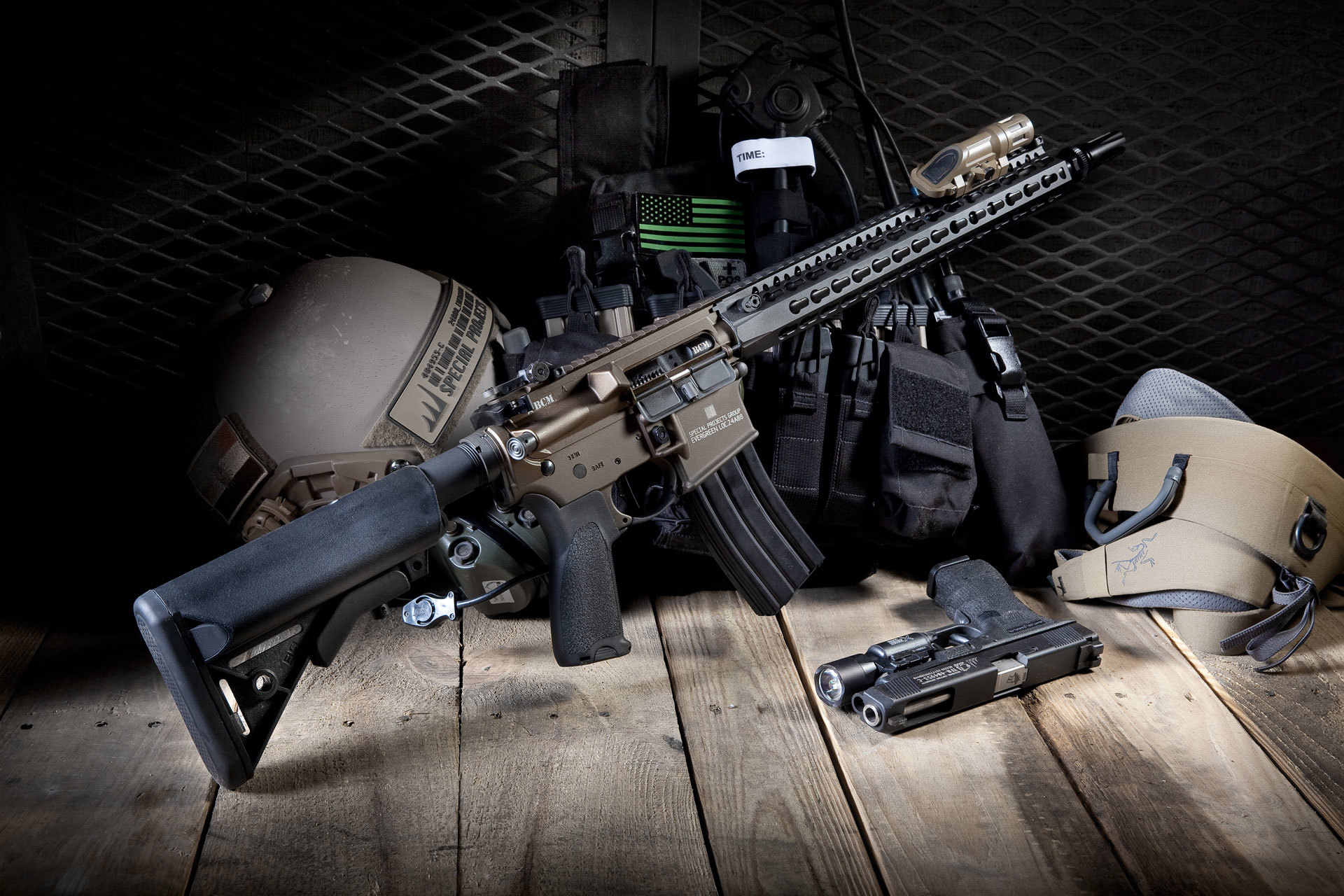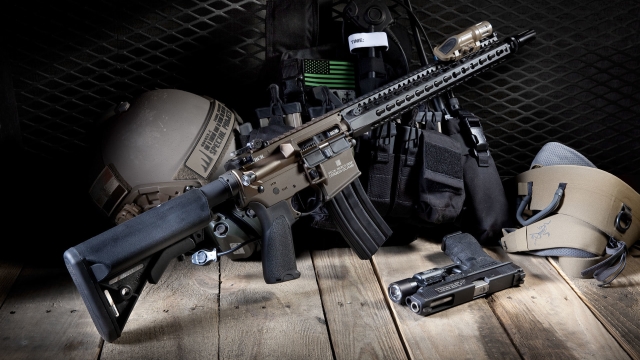Firearms have long captivated the interest and curiosity of individuals, from the seasoned enthusiasts to those seeking to understand the allure behind these powerful tools. Whether it’s the engineering marvels, historical significance, or the sport of shooting, there’s no denying the fascinating world that firearms encompass. In this article, we delve deep into the depths of this captivating subject, shedding light on the intricacies of firearms and exploring the different aspects that make them a crucial part of various societies worldwide.
Buying and selling firearms can be a daunting task for many, especially those new to this field. With ever-evolving regulations and a plethora of options available, it’s important to approach this process with knowledge and caution. Hence, this article aims to serve as a comprehensive guide, easing the path for individuals looking to venture into the world of firearms transactions. By providing valuable insights, tips, and considerations, we hope to empower readers to make informed decisions when it comes to purchasing or selling firearms.
So, whether you’re an avid firearms collector, an aspiring shooter, or simply someone interested in understanding the nuances of this realm, join us on this journey as we unlock the power behind firearms and explore the ins and outs of this captivating world.
Understanding the Legalities of Buying and Selling Firearms
When it comes to the realm of firearms, it is crucial to have a sound understanding of the legalities surrounding their purchase and sale. The laws governing this field aim to ensure the safety and responsible ownership of firearms. So, whether you are a seasoned gun enthusiast or a novice venturing into the world of firearms, it is essential to familiarize yourself with the legal requirements to navigate this domain confidently.
-
Researching Local Legislation
Before engaging in any buying or selling transactions, it is essential to research and understand the firearms laws specific to your country, state, or region. Legislation can vary significantly from one jurisdiction to another, so it is paramount to be aware of the legalities in your area. This includes familiarizing yourself with age limits, licensing requirements, background checks, and any restrictions on certain types of firearms or accessories. -
Securing the Necessary Permits and Licenses
In many jurisdictions, firearms ownership and sales are tightly regulated, and individuals are required to obtain various permits and licenses. These may include a firearms license, a permit to purchase, or a concealed carry permit, depending on the intended purpose. It is crucial to follow the application procedures diligently, as non-compliance can have severe legal consequences. -
Understanding the Role of Background Checks
To promote public safety, background checks are often a mandatory part of buying or selling firearms. These checks generally involve verifying an individual’s criminal history, mental health records, and other relevant factors that may impact their eligibility for firearm ownership. Understanding the purpose and importance of these checks helps ensure responsible and lawful transactions.
Remember, the legalities surrounding firearms vary geographically, so it is essential to consult the appropriate authorities or seek legal advice to ensure compliance with specific regulations in your area. By understanding and adhering to the legal requirements, you can engage in lawful and responsible firearm transactions, contributing to the overall safety and security of yourself and the community.
Choosing the Right Firearm for Your Needs
When it comes to purchasing a firearm, it is essential to understand your personal needs and preferences. Selecting the right firearm is a crucial decision, as it pertains to your safety and shooting experience. Here are a few factors to consider when choosing the perfect firearm for your specific needs.
Firstly, it is vital to determine the purpose for which you are buying a firearm. Are you planning to use it for self-defense, target shooting, or hunting? Different firearms are designed for various purposes, so clearly defining your intended use will help narrow down your options.
Secondly, consider your familiarity with firearms and your skill level. If you are a beginner or inexperienced shooter, it is advisable to start with a firearm that is easy to handle and has less recoil. Gradually, as you gain more confidence and proficiency, you can move on to more advanced or specialized firearms that suit your preferences.
Lastly, take into account your physical attributes. Factors such as your size, strength, and dexterity will impact how well you can handle different firearms. It is crucial to choose a firearm that you can comfortably hold, aim, and operate.
By carefully considering these factors, you can make an informed decision and select a firearm that aligns with your needs, skills, and physical abilities. Remember, the ultimate goal is to find a firearm that not only meets your requirements but also provides an enjoyable shooting experience.
Navigating the Firearms Market: Tips and Best Practices
When it comes to buying and selling firearms, it is essential to navigate the market with caution and adhere to certain best practices. Whether you are a novice or an experienced buyer/seller, these tips can help ensure a smooth and successful transaction.
-
Research and Educate Yourself:

Knowledge is power, especially in the firearms market. Before making any purchase or listing a firearm for sale, take the time to educate yourself about various models, brands, and their value. Research the market prices, legal requirements, and any specific regulations that apply to your area. -
Choose Reputable Sellers:
When buying firearms, it is crucial to choose reputable sellers. Look for licensed dealers or verified individuals who have a good reputation within the firearms community. Reading customer reviews and checking their credentials can provide valuable insights into their reliability and trustworthiness. -
Conduct Background Checks:
Both buyers and sellers should prioritize safety and responsibility. Before finalizing any transaction, sellers should conduct a thorough background check on potential buyers to ensure they meet the legal requirements. Likewise, buyers should inquire about the history of the firearm they are purchasing, ensuring that it has not been involved in any criminal activities.
Remember, safety should always be a top priority when dealing with firearms. Ensure you are knowledgeable about your local laws, follow all necessary legal procedures, and exercise responsible ownership. By adopting these tips and best practices, you can navigate the firearms market with confidence and make informed decisions.
